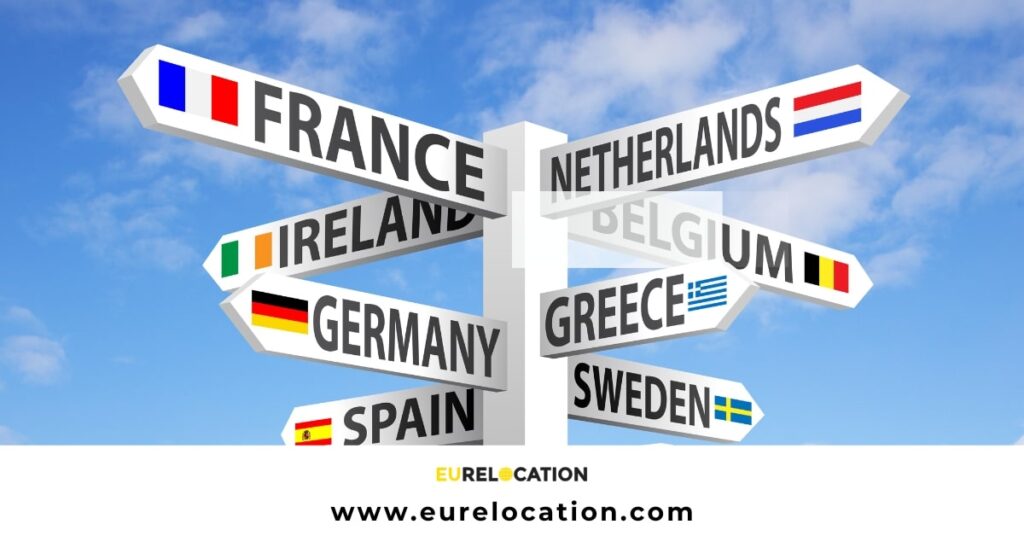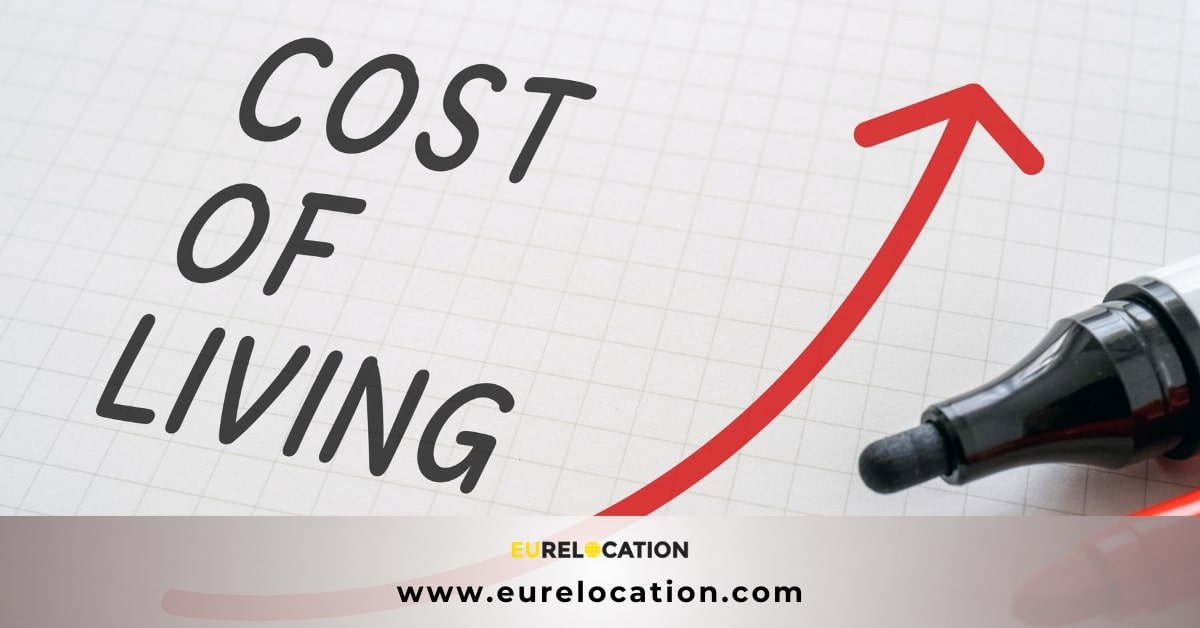Embarking on the exhilarating journey of relocating to Europe signifies a profound chapter in one’s life—a significant step towards embracing new opportunities and immersing oneself in the richness of diverse cultures. This comprehensive guide aims to provide you with practical insights, invaluable tips, and a detailed roadmap for a successful relocation. Our goal is to ensure that you not only navigate the logistical aspects with ease but also find yourself seamlessly integrated into the fabric of your new European home.
1. Financial Considerations on Relocation: Strategic Planning for a Smooth transiction
The European continent unfolds a myriad of destinations, each adorned with its unique charm. To initiate your relocation on solid ground, delve into research and assess potential locations based on your preferences, encompassing climate, lifestyle, and job opportunities. Understanding the nuanced differences of various regions will empower you to make an informed decision that aligns seamlessly with your goals.
As you consider the financial aspects of your move, it’s essential to create a comprehensive budget that accounts for various expenses. Beyond the immediate costs of moving and setting up, include provisions for unexpected circumstances. Familiarize yourself with the local currency and banking systems, ensuring a smooth financial transition in your new environment.
2. Healthcare Abroad: Prioritizing Well-being for a Seamless Transition
Healthcare access is a fundamental consideration during relocation. Dive into researching the healthcare system of your chosen destination, ensuring comprehensive health insurance coverage. Familiarize yourself with local medical facilities, emergency services, and any necessary vaccinations, creating a safeguard for your well-being and that of your loved ones.
To ensure an easy transition, schedule health check-ups and consultations with local healthcare providers well in advance. This proactive approach not only establishes a baseline for your health but also allows you to address any specific health needs that may require attention upon arrival.
3. Education and Family Matters: Ensuring a Smooth Transition for Loved Ones
For those with children or those pursuing further education, thorough research into schools and universities in advance is essential. Explore educational options, extracurricular activities, and language support, crafting a smooth relocation for your family members.
Connect with local expat communities and seek advice from individuals who have undergone similar educational transitions. Attend school open houses, explore extracurricular programs, and establish communication channels with teachers and administrators. This proactive involvement ensures a supportive environment for your loved ones, facilitating a swift adaptation to their new academic setting.
4. Networking and Building Connections: Creating a Supportive Network
Building a social network in your new home is vital for a successful relocation. Attend local events, join expat groups, and utilize social media platforms to connect with like-minded individuals. Networking not only facilitates a smoother transition but also opens doors to potential friendships and professional opportunities.
Engage in community activities and volunteer opportunities to establish a sense of belonging. Join clubs or organizations aligned with your interests to connect with individuals who share similar passions. Actively participating in local events and initiatives provides a platform for meaningful connections, enriching your social experience in your new European home.
5. Sustainable Living: Embracing Eco-Friendly Practices for a Greener Lifestyle
In Europe, folks really care about being green and eco-friendly. Get into the swing of a more sustainable lifestyle by getting the lowdown on local recycling programs, checking out public transport options, and embracing eco-friendly living. Jumping into environmental initiatives can make you feel more at home in your new community, helping you fit right in.
Take some time to look into local sustainability efforts and join in on community projects focused on the environment. Try out eco-friendly habits in your everyday routine, like cutting down on waste and using public transportation. Being committed to a green lifestyle not only matches up with what the community values but also helps you become part of its larger push for environmental awareness. This is particularly important as you navigate the relocation process, blending seamlessly into your new surroundings.
6. Celebrating Diversity: Becoming an Integral Part of the Community

Celebrating diversity is a cornerstone of a successful relocation to Europe. Embrace the multicultural tapestry of your new home by attending cultural events, festivals, and community gatherings. Engage with individuals from various backgrounds to enrich your understanding of the culture and traditions. Immerse yourself in language learning programs to enhance your communication skills and connect more deeply with the community. Participate in cultural exchange initiatives, where you can share aspects of your own culture while learning from others. This reciprocal engagement fosters a sense of inclusivity and appreciation for the diverse perspectives that contribute to the vibrancy of your new European community. To sum it up, relocation to Europe is a thrilling venture that demands careful planning and consideration. By choosing your destination wisely, managing finances, prioritizing healthcare, addressing educational needs, building a supportive network, and embracing local sustainability and diversity, you can ensure a successful and fulfilling transition to your new European home.









